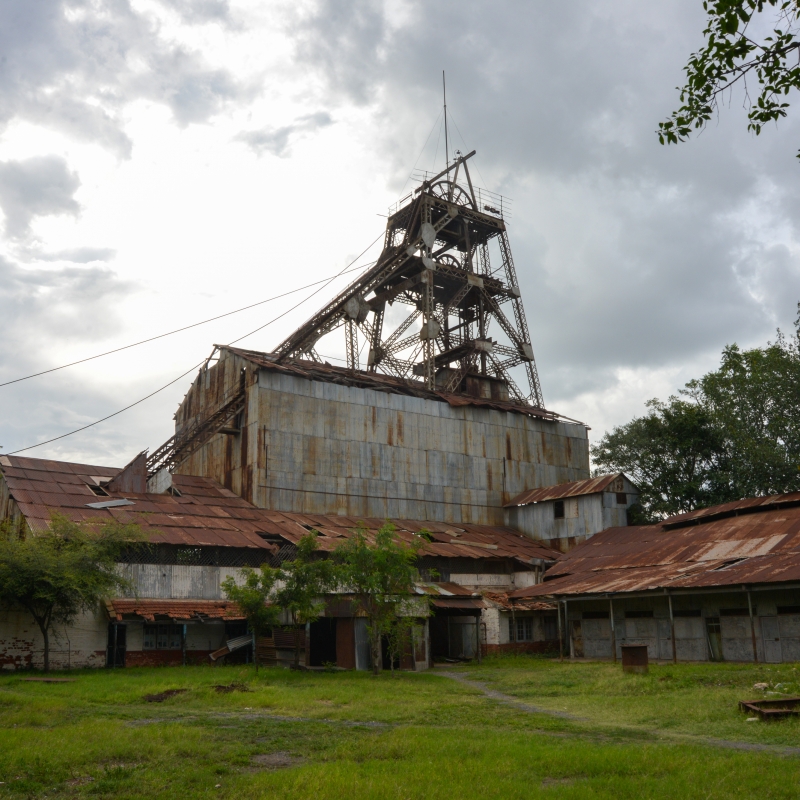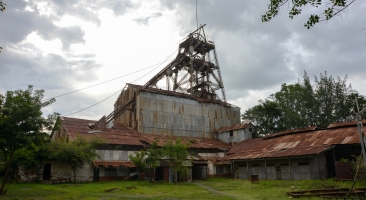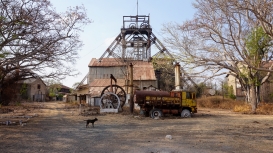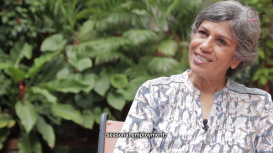Established in 1880 by John Taylor and Sons, the gold mining operations in Kolar Gold Fields, were a highly profitable enterprise for their owners. The large scale of the operations meant setting up of massive mining infrastructure and residential townships which in turn required the labour of thousands of workers. The company recruited labour from the neighbouring Tamil and Telugu speaking regions of Madras Presidency. The mining population in KGF was tactfully inhabited and consisted of many races and ethnic groups. Europeans occupied the managerial positions, Anglo-Indians worked as supervisors, foremen consisted of Tamil and Telugu speaking people who occupied the lowest rung of jobs and the Punjabis who worked as security men.
In 1956, the mines were handed over to the state eventually leading to the formation of a public sector unit - Bharat Gold Mines Limited. But, the output of the mines had decreased over time and by 2001, operations were termed untenable and closed down. Over the period of 120 years of its existence, mining in KGF has yielded more than 800 tonnes of gold. The mining belt has also been a hotbed of workers' struggle. As the tussle between the government and the BGML employees co-operative continues even today, KGF has come to occupy a unique cultural, economic, social and political place in Karnataka.



